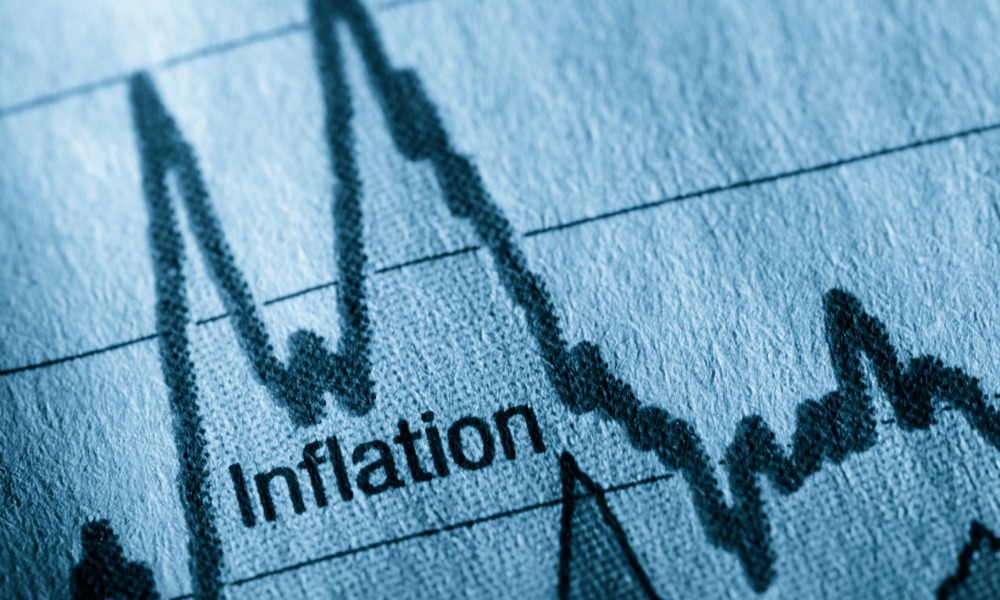
Nigeria’s headline inflation rate dropped in July for the first time in over a year, easing to 33.40% annually from 34.19% in June, according to the National Bureau of Statistics.
Last month, some analysts suggested that inflation in Africa’s populous country may have peaked as the currency devaluation effects are expected to start fading. The last time annual inflation declined was in December 2022.
On a year-on-year basis, the headline inflation rate was 9.32 per cent points higher compared to the rate recorded in July 2023, which was 24.08 per cent.
On a month-on-month basis, the headline inflation rate in July 2024 was 2.28 per cent, which was 0.03 per cent lower than the rate recorded in June 2024 (2.31 per cent).
Food Inflation
According to the report, the food inflation rate in July 2024 was 39.53 per cent on a year-on-year basis, 12.55 per cent points higher compared to the rate recorded in July 2023 (26.98 per cent).
On a month-on-month basis, the Food inflation rate in July 2024 was 2.47% which shows a 0.08% decrease compared to the rate recorded in June 2024 (2.55%).
The fall can be attributed to the decline in the rate of increase in the average prices of items including Tin Milk, Baby Powdered milk, etc (Under Milk, Cheese & egg Class).
Nigeria’s inflation has been on a steady increase due to President Bola Tinubu’s reforms, including the removal of a long-standing fuel subsidy, the devaluation of the naira, and an increase in electricity tariffs.
While these measures are intended to boost economic growth and stabilize public finances, they have also driven inflation to new heights, cutting into people’s incomes.
In May, Olayemi Cardoso, the Governor of the Central Bank of Nigeria (CBN) explained that while monetary factors leading to inflation are decreasing, structural issues like rising food and energy prices are still driving inflation.
He also noted the emergence of new sources of inflation, such as ‘seller inflation’ and government purchases for distribution as palliatives.










